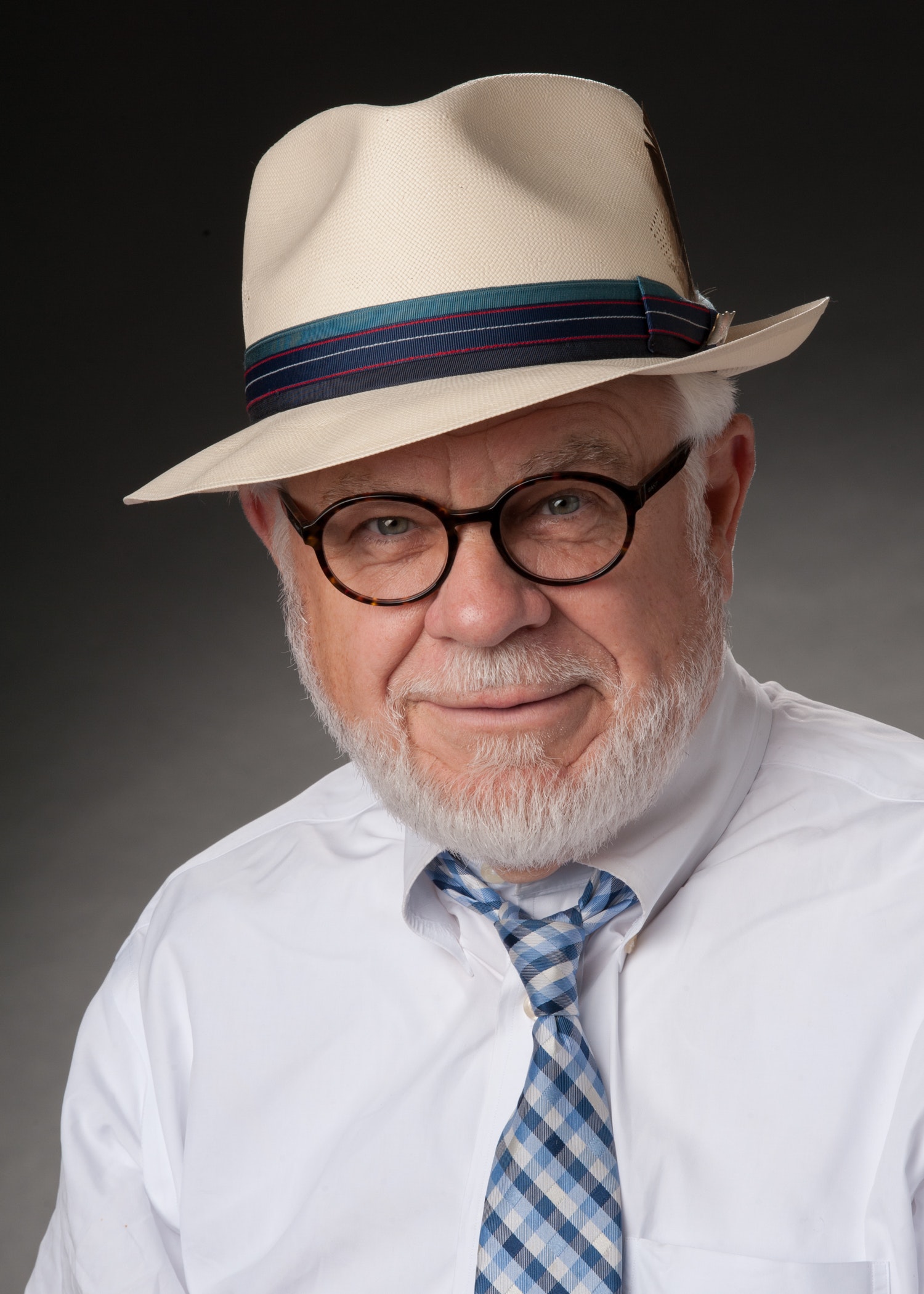In case a reader has been sleeping under a rock, it’s not news that the Caddo parish Unified Development Code (UDC) has been taking fire, in a big-time way, from the Caddo Alliance for Freedom. This north Caddo group has attended two Caddo Commission meetings en mass as well as a meeting of the Shreveport Caddo Metropolitan Planning Commission (MPC) and expressed their strong objections to the UDC.
Alan Clarke, MPC executive director, has repeatedly advised the Commission and the Alliance that he was going to stand down on citations issued by his staff for UDC violations to citizens living in the parish. He has also advised that his staff will commence a full-scale review of the Parish UDC and address the concerns of the Alliance.
The MPC's jurisdiction includes property adjacent to the Shreveport city limits — varying from two miles to five miles. Currently, the parish UDC is similar to the city of Shreveport's UDC.
At its meeting on Feb. 6, commissioners advised the Alliance that they heard their concerns, that town hall meetings would be scheduled and that remedial action would be taken.
The commissioners also reminded the Alliance members that this process would be undertaken as a priority, even though the legislative process would take some time.
One commissioner suggested that the MPC board members should attend the town hall meetings. Clarke advised the would invite them to do so.
However, it’s not good government policy to have these individuals be at these meetings for many reasons.
First, they are volunteers. And their time is important to them.
Secondly, their job is to hear matters appearing on the MPC docket, which can include amendments to the UDC proposed by the MPC staff. Any amendment must first be approved by the MPC Board and then by the Commission if the amendments affect the parish UDC.
The MPC board's function is NOT to propose legislation and to do so would in effect negate the objectivity that each board member should exercise in fulfilling their duties.
Most importantly, attendance by a majority of the MPC members at an town hall meeting would be violation of the Open Meetings Law unless the meeting was properly noticed.
Additionally, it is important that the MPC members, sitting as a board, be addressed en mass by citizens with complaints and not pigeon-holed separately at non-MPC meetings. And in fairness, these board members are not elected officials with the incumbent responsibility to listen to citizen concerns.
Let’s be fair to those who volunteer to these non-paid board positions. Saddling them with the expectation to assume responsibilities not in their job descriptions is not appropriate.
THIS ARTICLE WAS PUBLISHED IN THE February 14 ISSUE OF THE INQUISITOR.
